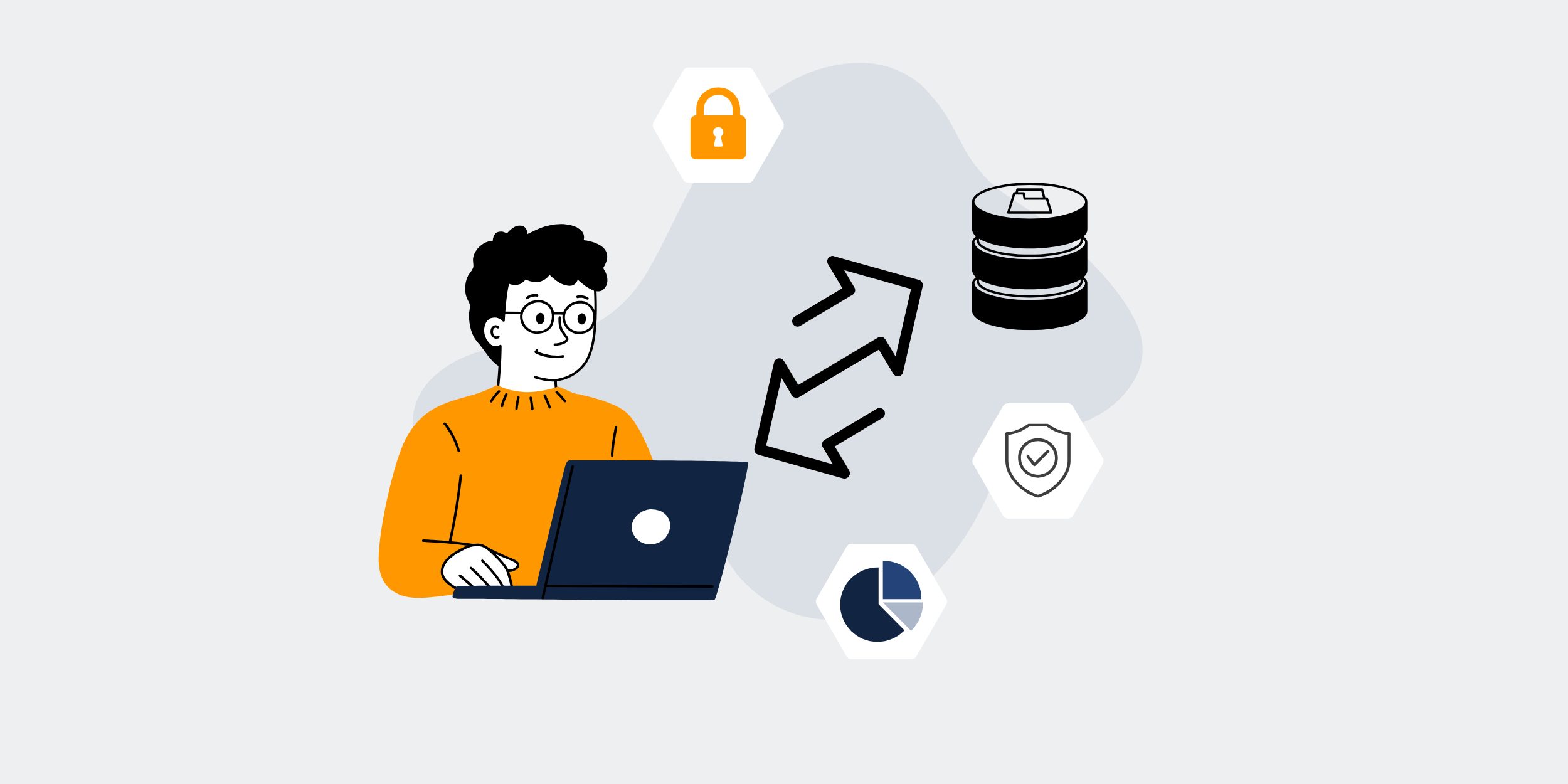The Necessity of Regular Backups for Keap CRM Data Security

The Importance of Regular Keap (Formerly Infusionsoft) Data Backups
Introduction
In today’s fast-paced digital world, data is the new currency. Whether you’re an entrepreneur, a small business owner, or a marketer, the information you collect, store, and analyze is invaluable. That’s why it’s crucial to have a solid backup strategy, especially when using platforms like Keap, formerly known as Infusionsoft. But you might wonder, why is data backup so important, and how can it save your business from potential disaster? Let’s dive in!
What is Keap (Infusionsoft)?
Before we delve into the nitty-gritty of data backups, let’s talk about what Keap is all about. Keap, previously known as Infusionsoft, is a comprehensive customer relationship management (CRM) tool. It helps businesses automate sales, marketing, and customer service processes. It’s essentially the Swiss Army knife of CRM platforms, offering a range of features from email marketing to e-commerce.
Why is Data Backup Crucial?
Imagine waking up one day to find all your business contacts, sales data, and marketing analytics have vanished into thin air. Scary, right? This scenario isn’t far-fetched if you don’t have a regular data backup system in place. Here’s why you need to safeguard your data:
Data Loss: A Modern Nightmare
Data loss can occur due to various reasons like hardware failures, cyber-attacks, or even natural disasters. When data loss happens, it can disrupt your business operations, leading to loss of revenue and customer trust.
Protecting Your Investment
You’ve invested time, money, and effort into nurturing your customer relationships. Losing that data could mean losing the investment. Regular backups ensure your hard-earned information is always secure.
How Does Keap Handle Data?
Keap is renowned for its robust functionality in handling data. However, relying solely on Keap’s internal backup systems might leave you vulnerable. You need to take proactive steps to ensure complete data security.
Data Storage Capabilities
Keap stores a wealth of detailed information about your customers. While this is advantageous for personalizing marketing campaigns, it’s also a considerable amount of data that must be protected.
Data Accessibility and Security
Keap allows you to access your data readily, but in instances of system outages or breaches, having an external backup can serve as a safety net.
The Benefits of Regular Backups
Implementing a consistent data backup strategy offers several benefits that go beyond simple data recovery:
Peace of Mind
Knowing your data is backed up regularly eliminates the fear of unexpected data loss, allowing you to focus on growing your business instead.
Business Continuity
With backups, even if disaster strikes, your business can continue running smoothly. You can quickly restore your operations and minimize downtime.
Legal and Compliance Considerations
Depending on your industry, there might be legal requirements for data retention. Regular backups ensure you stay compliant with these regulations.
Creating a Backup Strategy
Starting with a backup plan can feel daunting, but it doesn’t have to be. Here’s how you can shape a simple yet effective strategy:
Identify Critical Data
Determine which data is vital for your business. Focus on backing up essential customer information, financial records, and communication logs.
Choose the Right Backup Solution
There are various solutions available such as cloud-based services or external hard drives. Choose one that aligns with your needs and budget.
Automate the Backup Process
Manual backups can be prone to errors. Automate the process to ensure consistency and accuracy. Many platforms offer automatic backup features.
Common Backup Mistakes to Avoid
Even with the best intentions, some common pitfalls can undermine your backup efforts.
Infrequent Backups
Backing up data sporadically is as good as not backing up at all. Ensure regular and frequent backups to protect recent data.
Not Testing Backups
Backing up data is only half the job; testing backups is crucial. Regularly verify that backups are complete and restorable.
Ignoring Security
Ensure that your backup solutions are secure. Consider encrypting your backups to add an extra layer of protection against cyber threats.
Tools and Resources for Keap Backups
Many tools can help streamline and secure your Keap data backups.
Backup Plugins and Software
Explore plugins and third-party software options explicitly designed for Keap that can efficiently manage your backups.
Cloud Backup Services
Cloud services like AWS or Google Cloud offer reliable and scalable solutions to store and manage backups securely.
Conclusion
Your data is one of your most important business assets, and its protection should be a top priority. Regular backups of your Keap data not only safeguard against loss but also promote continuity and compliance. By embracing an effective backup strategy, you can ensure that your business remains resilient in the face of unforeseen challenges.
FAQs
1. How often should I back up my Keap data?
It’s best to back up your Keap data regularly, ideally daily or weekly, depending on the volume of transactions and changes to your data.
2. Can I automate Keap data backups?
Yes, various plugins and third-party tools allow you to automate the backup process, ensuring your data is consistently protected without manual intervention.
3. Are there any free tools for Keap backups?
Some third-party providers offer free versions of their backup tools with basic features, but for comprehensive and secure backup services, consider investing in premium solutions.
4. What should I do if a backup fails?
If a backup fails, first try to determine the cause. Check for any errors or issues with the backup system, and attempt to rerun the backup. It’s also wise to have secondary backup solutions in place.
5. Is cloud backup safer than local backup?
Both have their pros and cons, but cloud backups offer an advantage in terms of scalability and ease of access. They typically provide higher data security levels and are not vulnerable to physical damage like local hardware.
